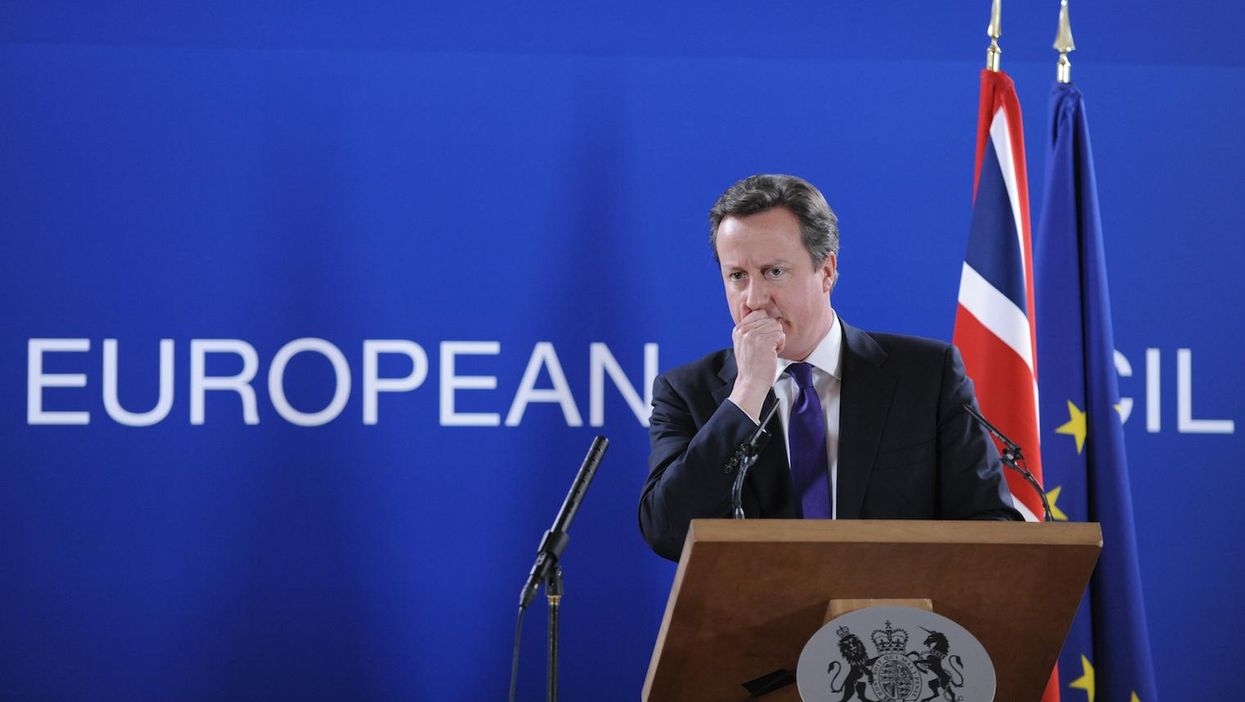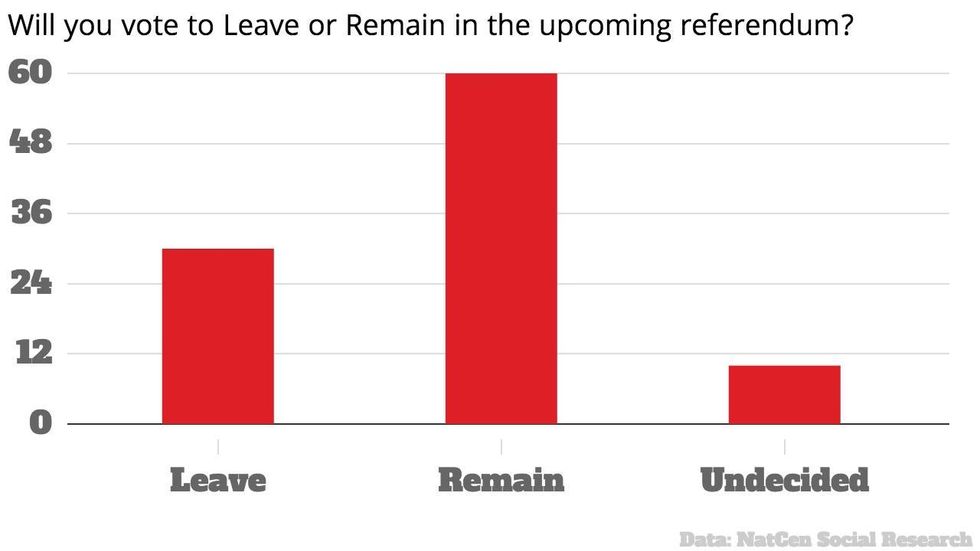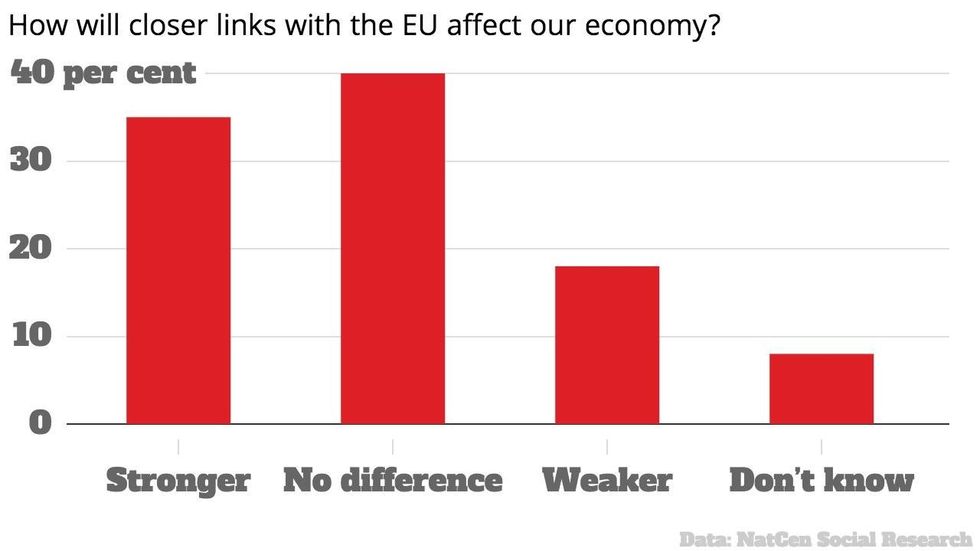News
Louis Dor
Feb 24, 2016

Picture: JOHN THYS/AFP/Getty Images
Large proportions of the UK are unhappy with Britain's current membership terms for the EU, but most are still not convinced by the reasons for leaving, according to the "most representative polling" on the debate so far.
A study by the National Centre for Social Research has shown that the 'Leave' campaign needs to translate scepticism over the EU into support for withdrawal by presenting the economic case for leaving - the biggest stumbling block for the majority of voters.
The polling, which involved 4,328 face-to-face interviews with voters, a far larger and more reliable sample size than other recent polls, shows when the public were given a straight choice, the majority elected to remain.
However, the survey was completed some months ago and so does not reflect attitudes towards David Cameron’s renegotiation of the UK’s position or to Boris Johnson’s decision on the matter.
Critically, the poll reveals that only 24 per cent believed that Britain’s economy would be better off if it left the EU, while as many as 40 per cent felt it would be worse off.
In the inverse, 35 per cent of the public felt that closer links with the EU made the economy stronger, compared to only 18 per cent who believed it makes it weaker.
Writing in the Telegraph, Professor John Curtice of the University of Strathclyde and Senior Research Fellow at NatCen Social Research, who was the only major pollster to correctly predict the 2015 general election result, said:
No less than 65 per cent of voters are essentially Eurosceptics: they either say they want to leave or, more commonly, they think Britain should remain in the EU but try to reduce its powers. This, of course, is precisely the kind of voter to whom David Cameron has been trying to appeal through his renegotiation of Britain’s terms of EU membership.
But when asked whether they want Britain to continue to be a member of the EU or whether it should withdraw, only 30 per cent opt for 'withdraw', less than half the proportion who emerge as 'sceptics'. Twice as many, 60 per cent, say 'continue'.
In short, scepticism about the EU is far more widespread than is the inclination to leave.
This is because voters are only likely to back leaving if a concern about issues such as identity, sovereignty and immigration – that is, the concern on which above all scepticism feeds – is coupled with the much less popular belief that Britain’s economy would be better off if it left the EU.
Ultimately - until the 'Leave' campaign begins to win the economic argument, it's going nowhere.
More: This map shows which countries most want Britain to stay in the EU
More: Six ways the EU has been good for the UK's environment
Top 100
The Conversation (0)















